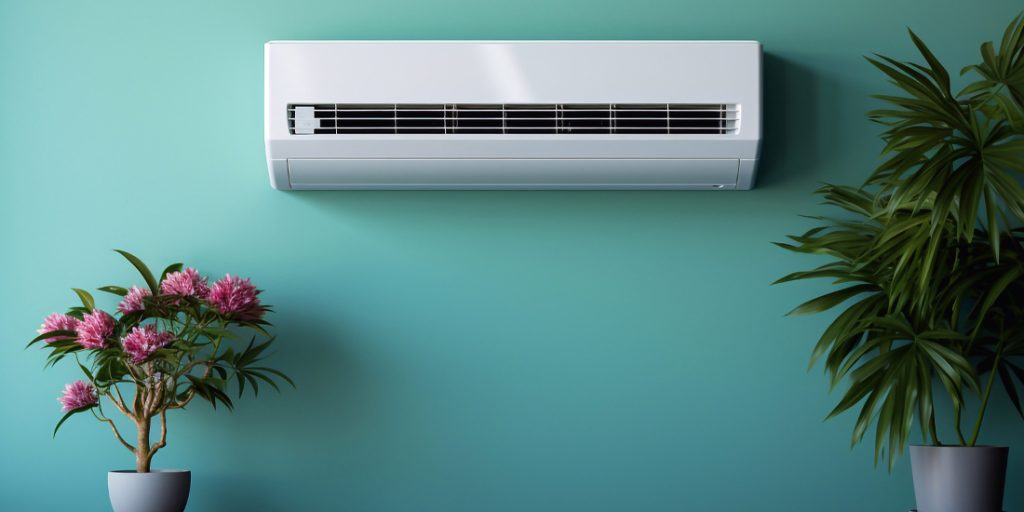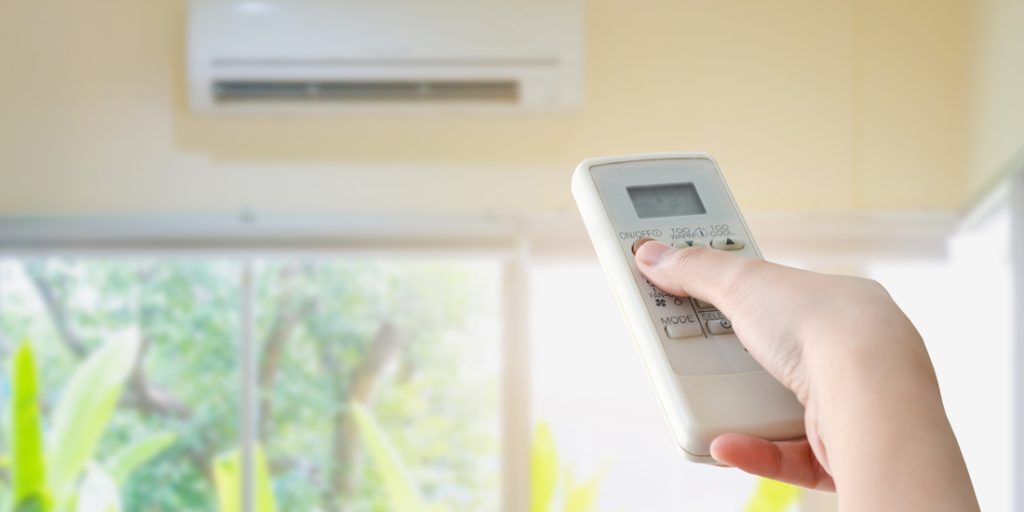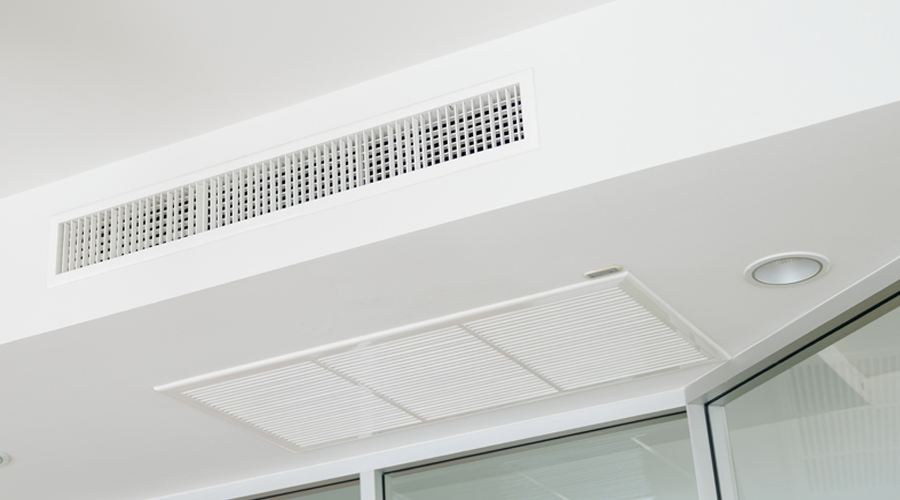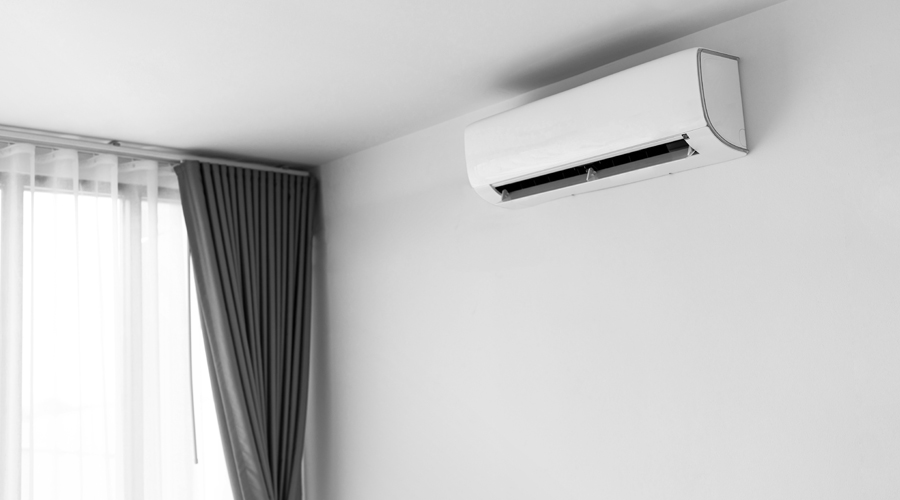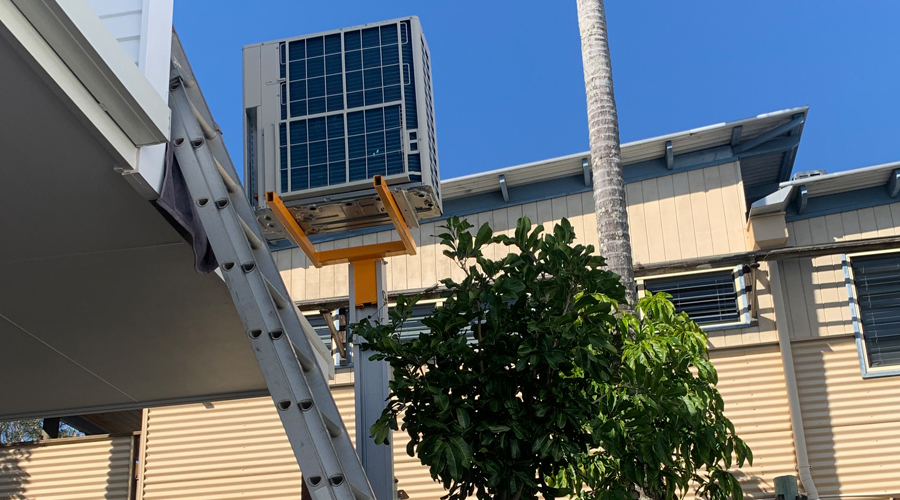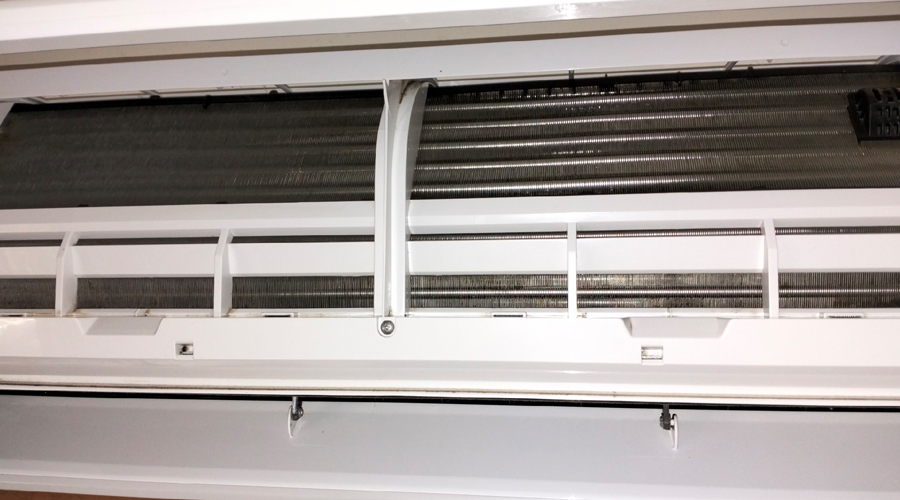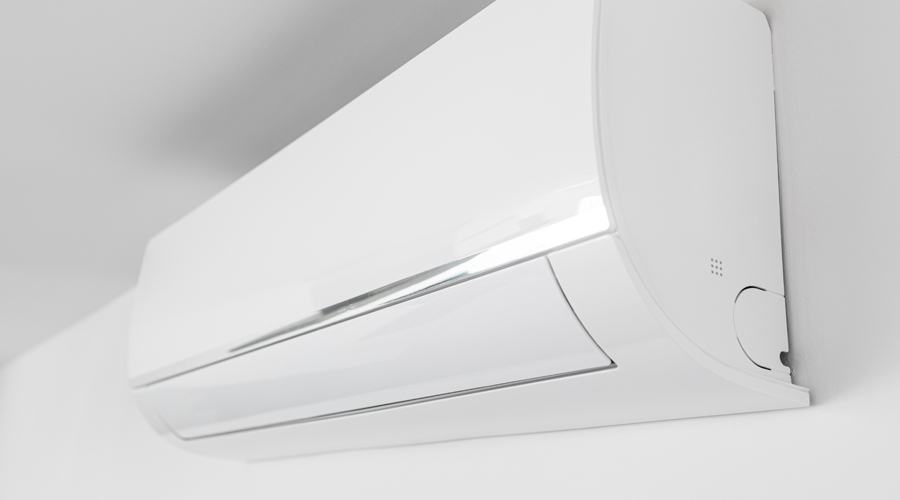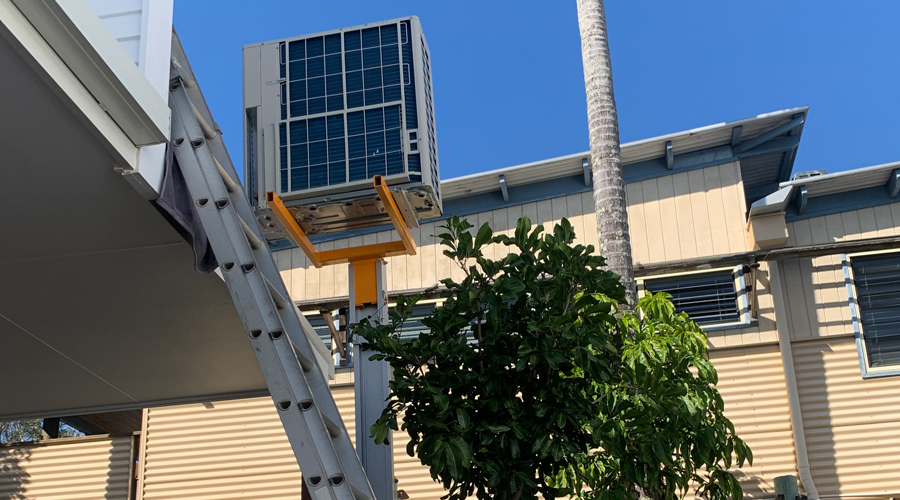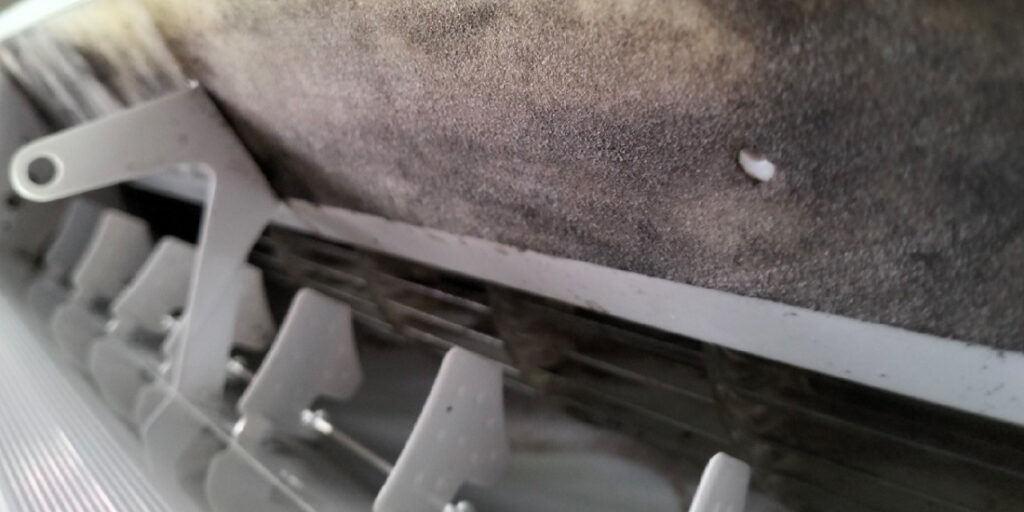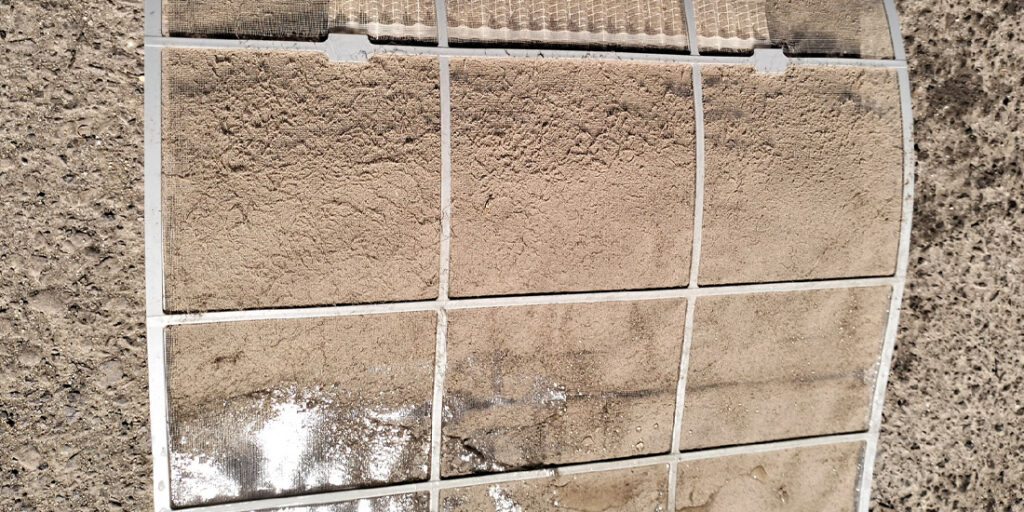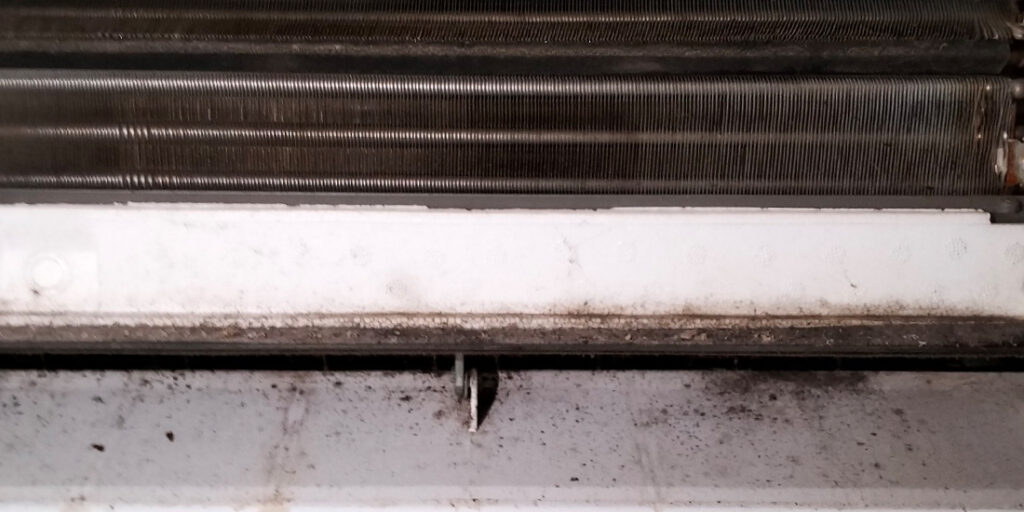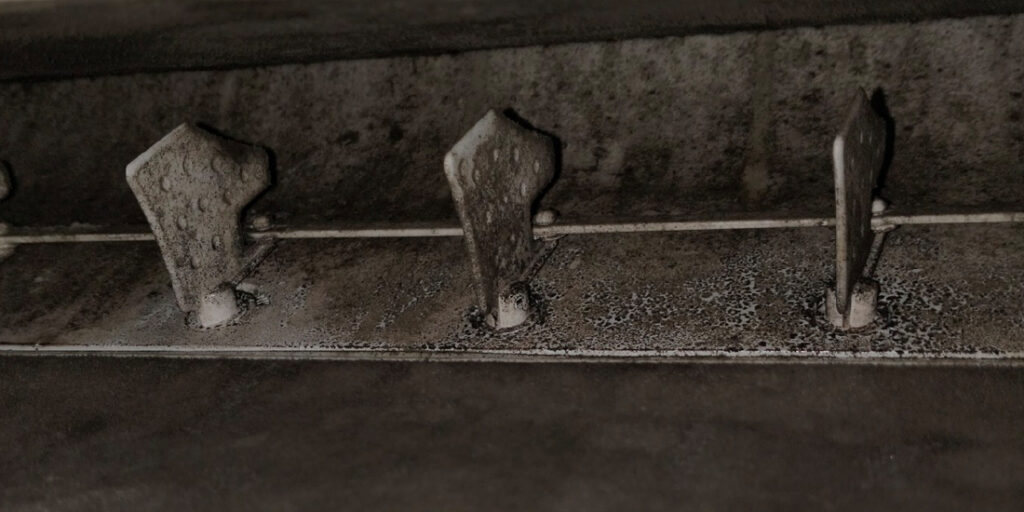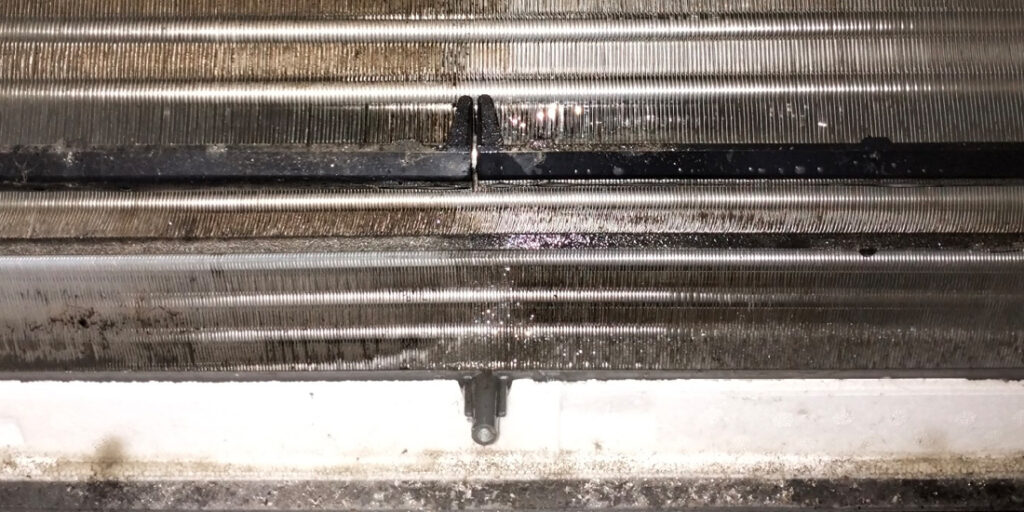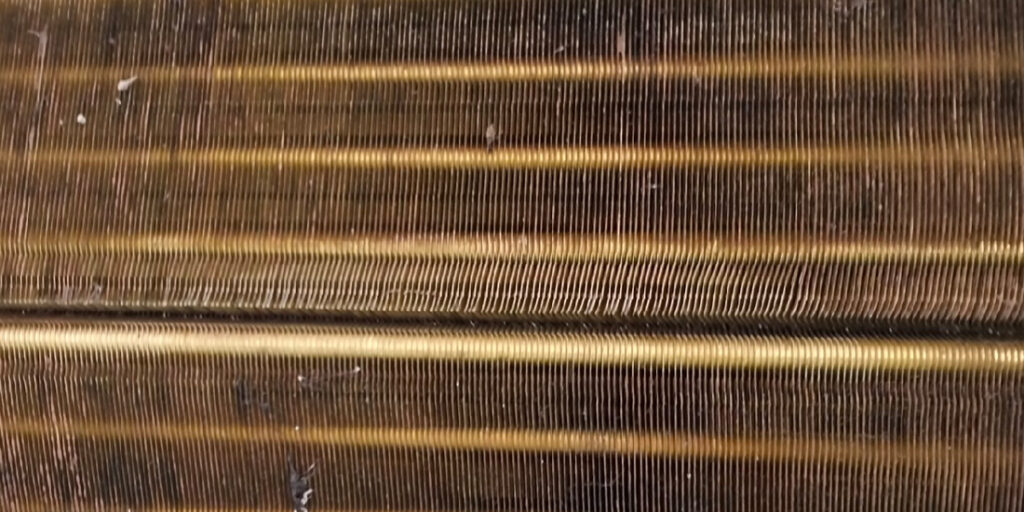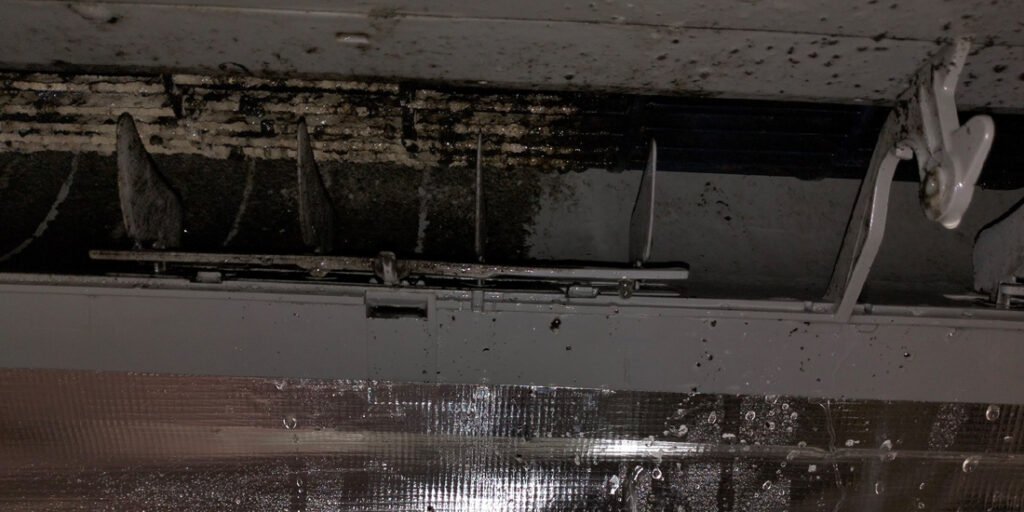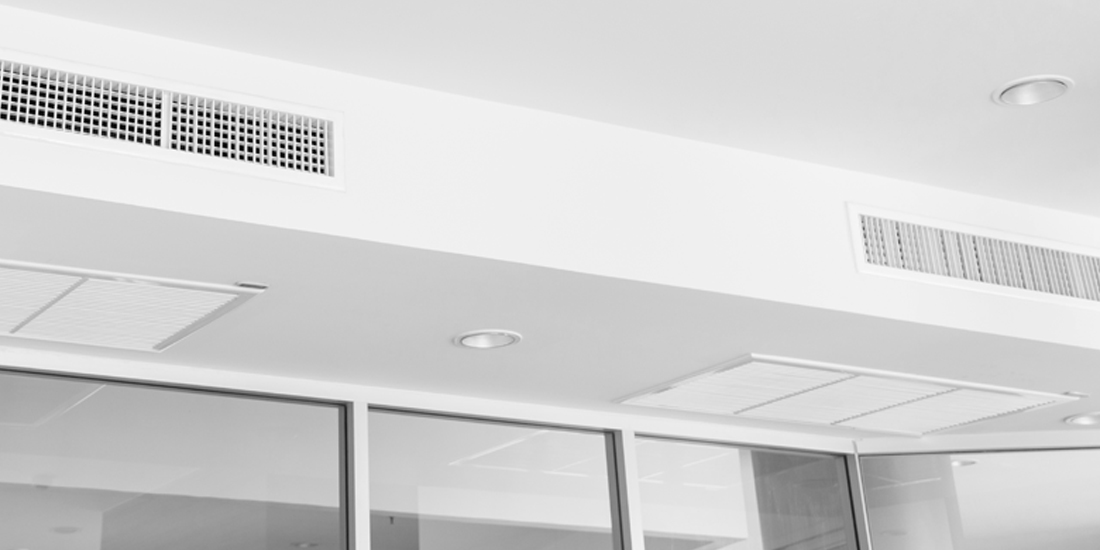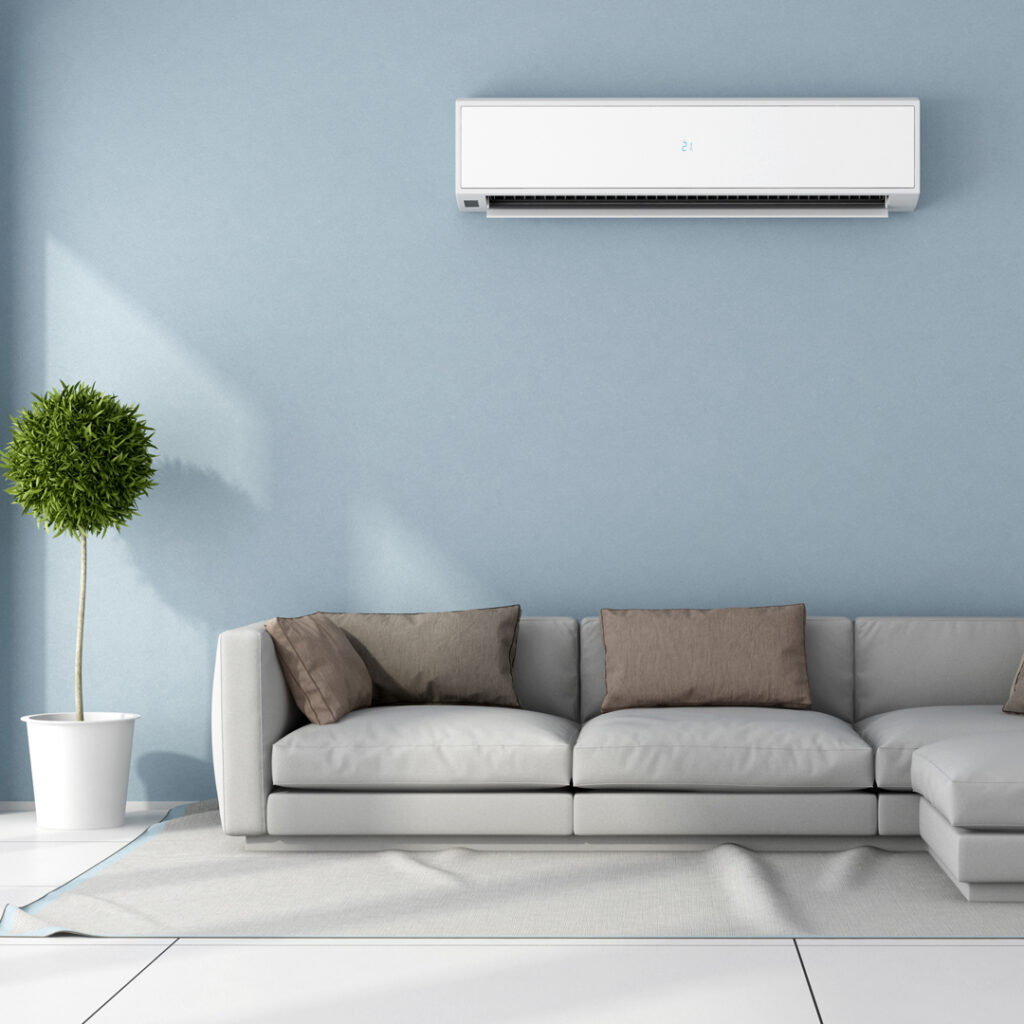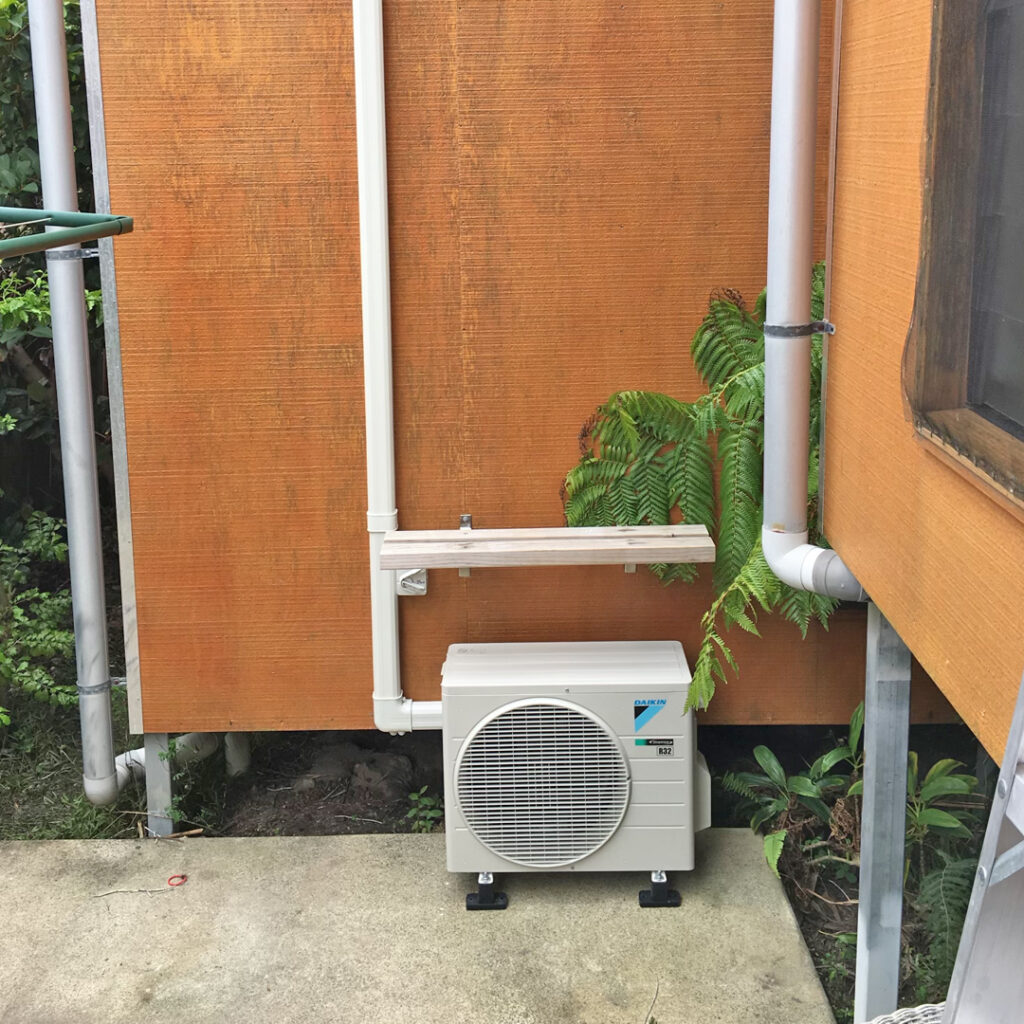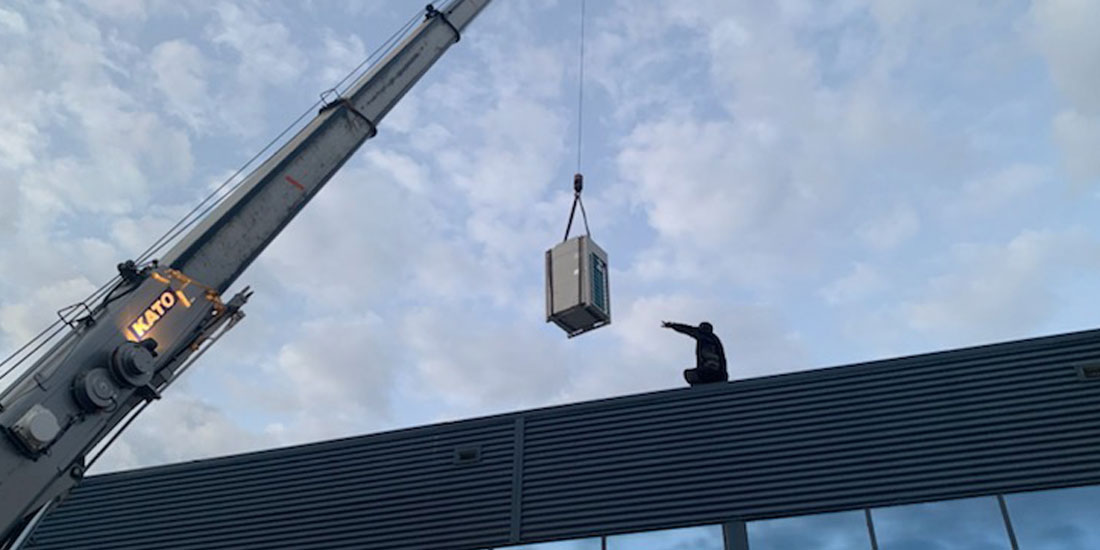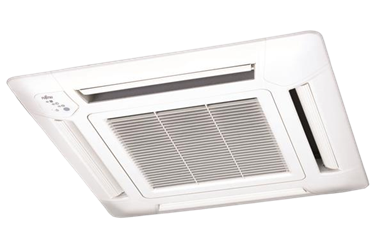When it comes to air-conditioner installation on the Sunshine Coast, a professional installation is crucial for long-term comfort and efficiency. At Noosa Electric Co, our experienced air-conditioner electricians have encountered and resolved a wide range of installation issues.
In this article, we’ll explore some of the problems that can arise with an AC installation, and how through our experience and processes, our team will help you to avoid them.
1. Incorrect Sizing of the Air-Conditioner
One of the most frequent issues is choosing an air-conditioner that is either too large or too small for the space. An oversized unit can cause short cycling, leading to inefficiency and increased wear and tear. Conversely, an undersized unit may struggle to cool the room effectively. As part of our process, we help you to determine the right type of air-conditioner for your space. This process is called air-conditioner design.
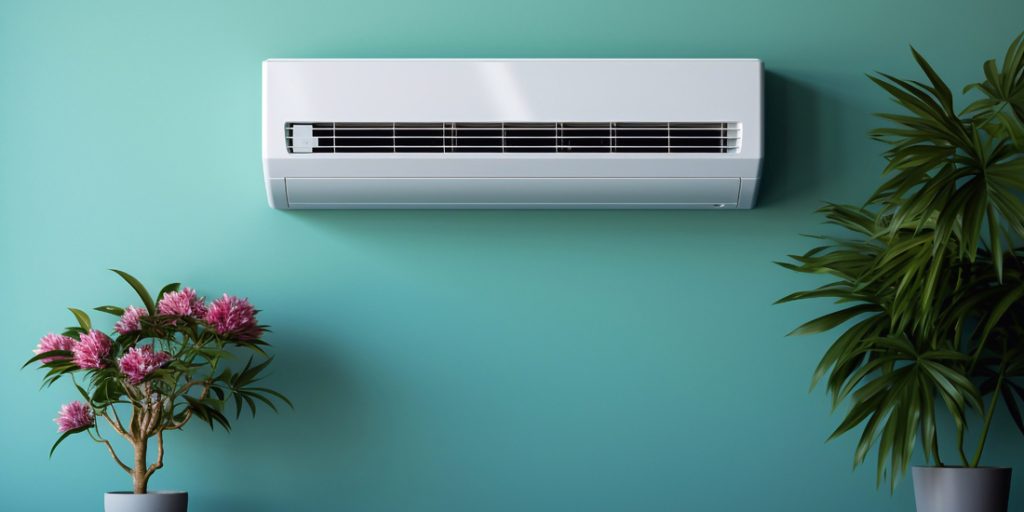
2. Poor Placement of the Indoor and Outdoor Units
Improper positioning of air-conditioner units can reduce their efficiency. The placement of both the indoor and outdoor units must be done in a way to optimise the configuration. For example, the indoor unit should be placed away from heat sources and in a location that allows for even air distribution. Similarly, the outdoor unit should have proper clearance and be positioned in a shaded, well-ventilated area. Our experienced team will help you to ensure optimal placement for maximum efficiency.
3. Faulty Electrical Connections
A safe and efficient air-conditioner installation requires proper electrical work. Faulty wiring or incorrect connections can lead to malfunctions, increased energy bills, or even safety hazards. Our certified air-conditioner electricians at Noosa Electric Co follow strict safety standards to ensure your system is properly connected. As licensed and qualified electricians, we will help you to ensure your installation will be safe & compliant.
4. Inadequate Insulation and Sealing
Poor insulation around the air-conditioner ducts or inadequate sealing can cause cool air to escape, reducing the system’s efficiency. This issue often leads to higher energy costs. Proper sealing and insulation during installation are key to maintaining efficiency. We use careful attention to detail on our installations to ensure all systems are correctly configured.
5. Improper Refrigerant Levels
Incorrect refrigerant charging during installation can affect the air-conditioner’s cooling ability and efficiency. Too much or too little refrigerant can strain the system, increasing energy consumption and the risk of breakdowns. Professional installation by the Noosa Electric Co electrical team ensures that refrigerant levels are correctly set.
6. Lack of Proper Drainage
Air-conditioners produce condensation that needs to drain properly. Faulty drainage systems can cause water leaks, leading to property damage or mold growth. Our team installs proper drainage to prevent such issues, paying attention to the outdoor environment to determine the most optimal solution depending on your AC installation.
7. Skipping Professional Installation Services
Attempting a DIY air-conditioner installation or hiring inexperienced technicians often results in costly problems down the line. Professional air-conditioner electricians have the skills and tools to handle the complexities of installation, ensuring everything is up to code.
Conclusion
At Noosa Electric Co, we understand the importance of proper air-conditioner installation on the Sunshine Coast. Our expert air-conditioner electricians are dedicated to delivering efficient, reliable, and professional installation services. By addressing these common installation issues upfront, you can enjoy a comfortable and energy-efficient indoor environment. For top-notch air-conditioner installation services on the Sunshine Coast, contact our team today.


